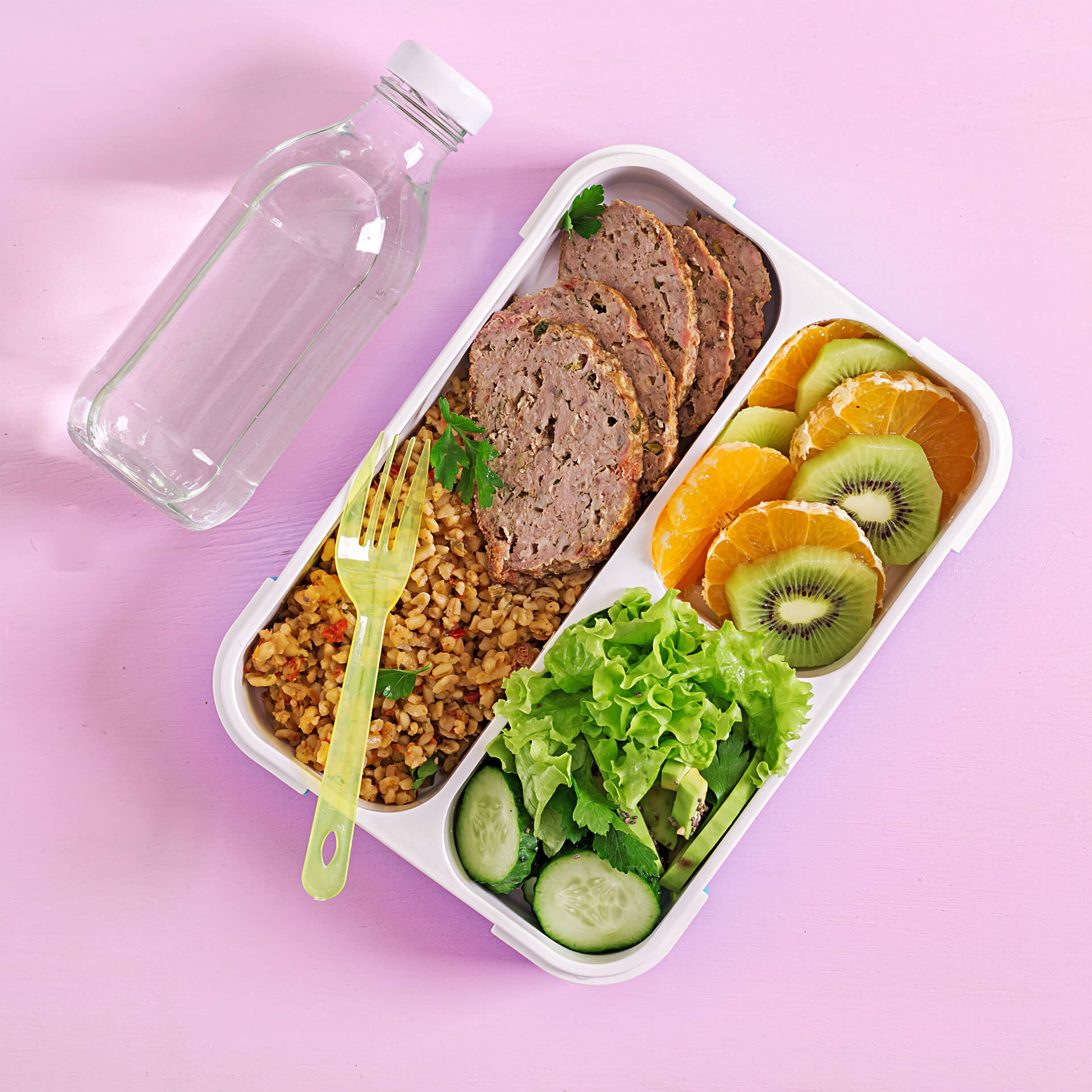When it comes to maintaining a healthy diet, the process goes beyond simply knowing what to eat. One of the most important yet often overlooked steps in sticking to a nutritious lifestyle is creating a menu tailored to your specific health needs. Whether you’re managing a chronic illness, focusing on weight loss, or aiming for overall wellness, a personalized menu can be a powerful tool in ensuring long-term success.
Here’s why creating a customized menu is essential and how it can support your health journey.
1. Tailored Nutrition for Your Unique Condition
Each individual’s health condition is different, and no one-size-fits-all approach will work when it comes to diet. Creating a menu tailored to your specific needs allows you to account for factors such as metabolism, allergies, chronic illnesses, and lifestyle.
For example:
- Diabetes: If you’re managing diabetes, a well-designed menu helps control blood sugar levels by balancing carbohydrates, proteins, and healthy fats.
- High Blood Pressure: For those with hypertension, a low-sodium diet plan, such as the DASH diet, can help reduce blood pressure levels while still providing balanced nutrition.
- Food Allergies: Tailored menus ensure that you avoid allergens while still getting essential nutrients through safe alternatives.
By customizing your meals, you can address your unique health requirements and create a diet that supports your body’s specific needs.
2. Helps Maintain Consistency and Accountability
One of the hardest parts of sticking to a diet is consistency. Having a pre-planned menu removes guesswork from the equation and helps you stay on track. Instead of scrambling to figure out what to eat at the last minute, a tailored menu provides clear guidance for each meal, making it easier to follow your diet plan.
Benefits include:
- Improved adherence: You’re more likely to stick to your diet when you’ve already planned out what you’ll eat for the week.
- Reduced temptations: A well-thought-out menu minimizes the likelihood of opting for unhealthy, convenient options when you’re pressed for time or unsure of what to prepare.
- Better portion control: Your menu can be designed with portion sizes in mind, helping you manage calorie intake more effectively.
This level of structure allows you to stay consistent and accountable, even on busy days, by having a clear plan in place.
3. Supports Weight Management Goals
Whether your goal is to lose, gain, or maintain weight, a tailored menu is a crucial step in reaching your desired outcomes. Having a planned menu allows you to monitor your calorie intake while ensuring that you’re receiving the right balance of nutrients.
- Caloric control: A well-structured menu can help you hit your daily caloric goals without overeating or undereating.
- Balanced nutrients: You can ensure that your meals contain the necessary proteins, fats, carbohydrates, and micronutrients to keep your metabolism and energy levels optimal.
- Strategic meal timing: A menu allows you to plan meals that fuel your body throughout the day, preventing extreme hunger or energy crashes.
With a custom menu, you can make adjustments to portion sizes or ingredients as needed to align with your weight management plan.
4. Promotes a Variety of Healthy Foods
A common issue people face when starting a diet is falling into a pattern of eating the same meals repeatedly, which can lead to boredom and nutrient gaps. Creating a menu encourages you to diversify your food choices while making sure that you’re covering all your nutritional bases.
Benefits include:
- Increased variety: A menu lets you incorporate a wide range of foods, from different vegetables and fruits to lean proteins and healthy fats, ensuring you get a broad spectrum of nutrients.
- Balanced nutrition: By planning your meals, you can easily identify if you’re missing essential nutrients such as vitamins, minerals, or fiber and adjust accordingly.
- Meal rotation: You can rotate your favorite healthy dishes, keeping meals exciting and preventing burnout from eating the same thing every day.
By mixing up your meals and trying new foods, you make your diet more enjoyable and sustainable long-term.
5. Reduces Stress and Saves Time
A well-thought-out menu not only supports your health goals but also helps reduce the stress of daily meal preparation. By knowing exactly what you’ll be eating each day, you save time on decision-making and can better manage grocery shopping and cooking.
Key advantages include:
- Efficient grocery shopping: With a menu in hand, you can shop for exactly what you need, avoiding impulse buys or missing key ingredients.
- Meal prep made easy: A planned menu allows you to prep meals in advance, saving time during the week and making it easier to stick to your diet even when you’re busy.
- Less stress: When you know what’s on the menu, you can eliminate the daily stress of figuring out what to eat, allowing you to focus on other priorities.
A well-organized menu streamlines your meal planning process and gives you back valuable time while reducing unnecessary stress.
6. Adapts to Your Evolving Needs
Health conditions, goals, and dietary preferences may change over time, and your menu can evolve with them. Creating a tailored menu gives you the flexibility to adjust your plan as needed, whether you’re incorporating new foods, changing portion sizes, or shifting focus to a different health goal.
For example:
- If you’ve successfully managed a health condition, you might start focusing on another aspect of your well-being, such as fitness or stress reduction.
- As you make progress with weight loss, you may need to adjust portion sizes or macronutrient ratios.
- New dietary preferences can be easily incorporated without disrupting the overall structure of your menu.
This adaptability ensures that your diet remains relevant to your current needs and supports long-term health.





